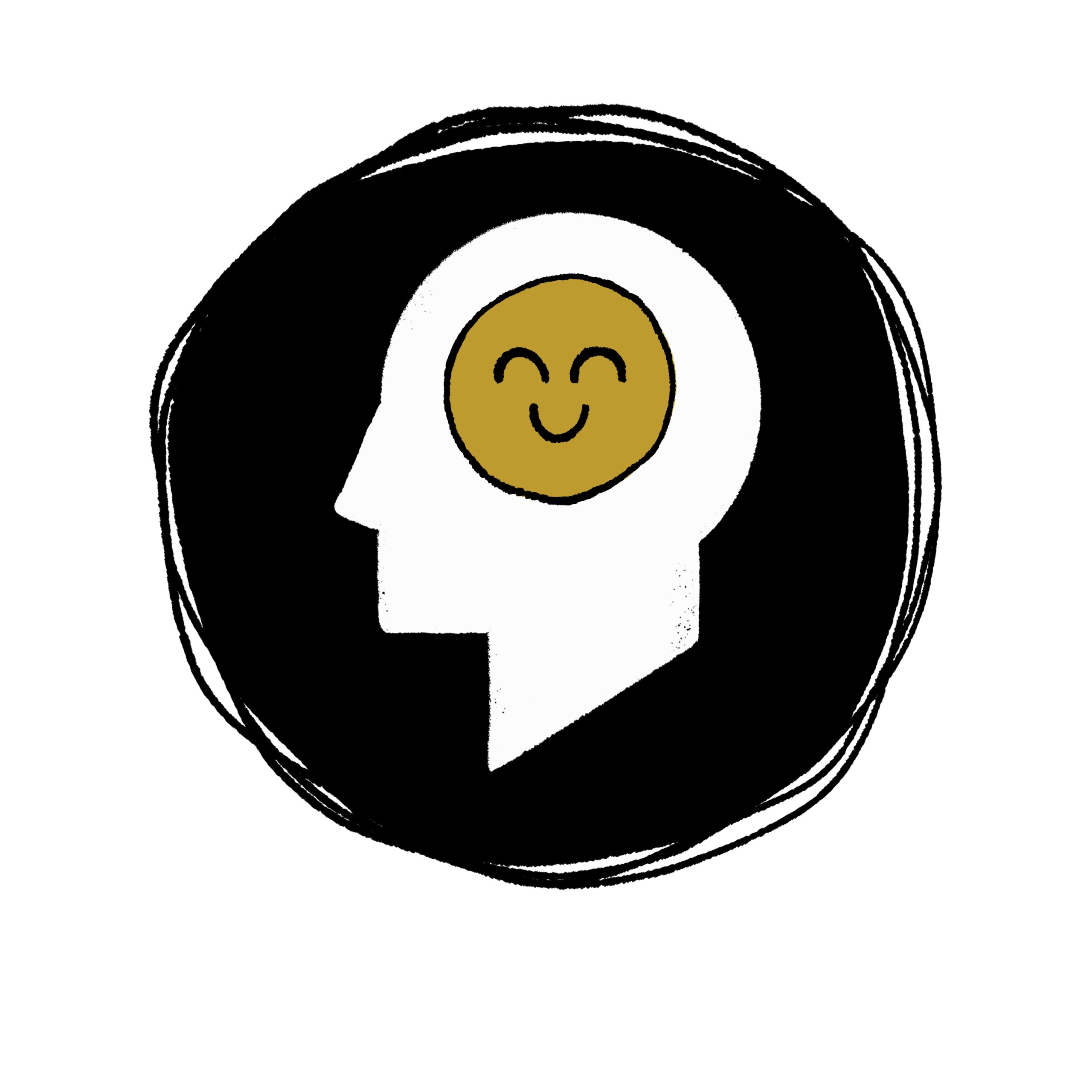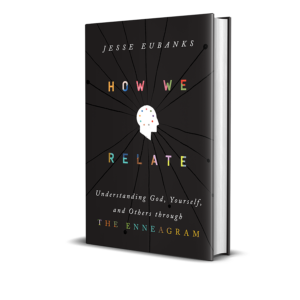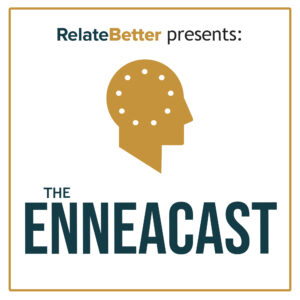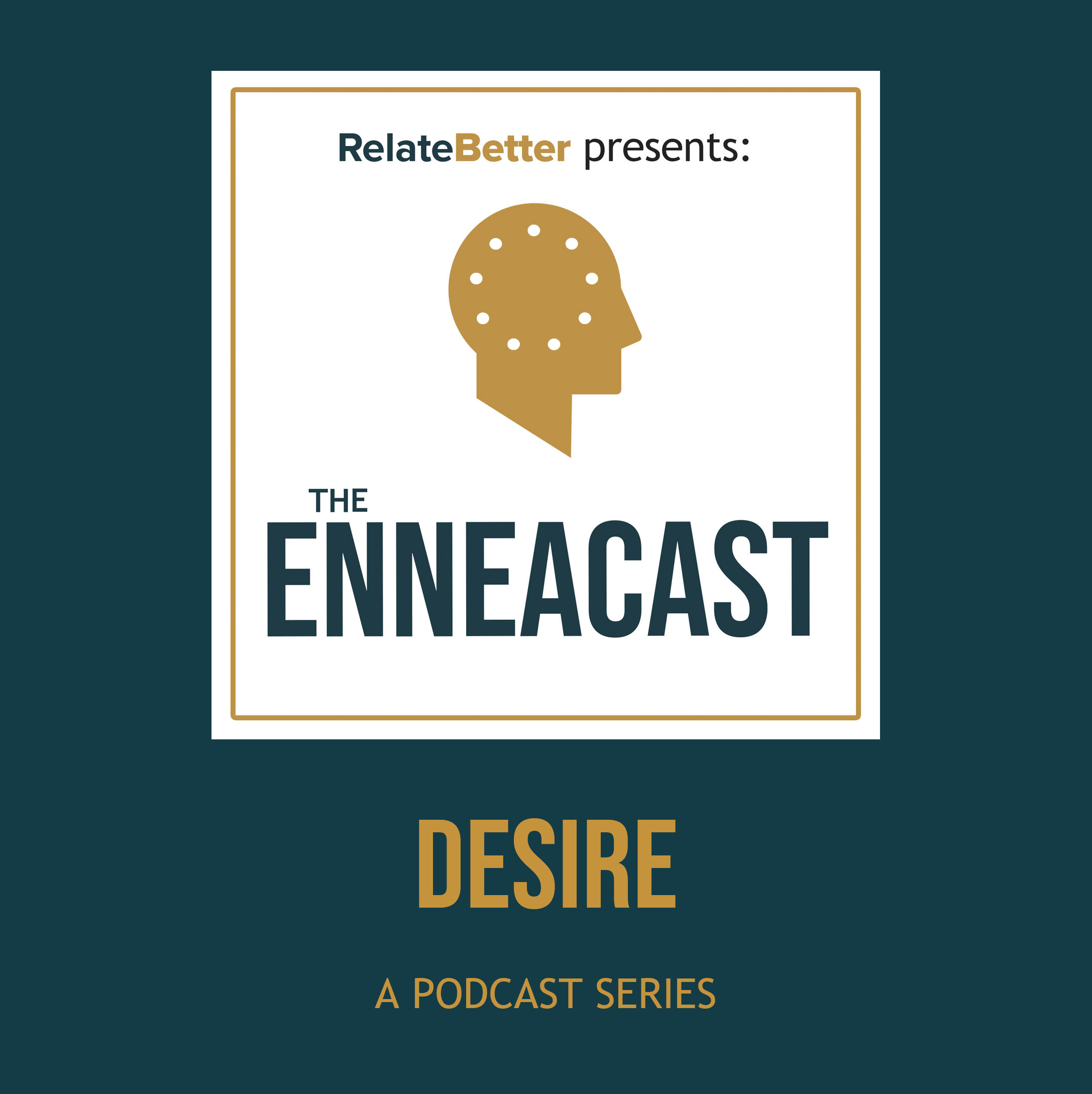A groundbreaking study discovers the surprising secret of how to be happy (or unhappy). It turns out the key might be much closer than you realize.
by Jesse Eubanks

HOW WE RELATE: UNDERSTANDING GOD, YOURSELF AND OTHERS THROUGH THE ENNEAGRAM by Jesse Eubanks Discover how God speaks into your unique personality and life story to make the gospel come alive for you. Enneagram coach and host of The EnneaCast podcast Jesse Eubanks invites readers to go deeper for true transformation. In How We Relate, Eubanks interprets the Enneagram through the gospel story to help readers grow in self-awareness, improve their relationships, and encounter Jesus. LIFE IS ABOUT RELATIONSHIPS. IT’S TIME TO TRANSFORM YOURS.
Like a workshop, interview and game show for your relational health. Welcome to The EnneaCast, a bi-weekly show that explores personality and the Enneagram through the lens of the gospel. Every episode combines teaching, an interview and a game into a fascinating and fun listening experience. Hosted by Jesse Eubanks and Lindsey Lewis, The EnneaCast features authors, artists, pastors and counselors sharing their wisdom with one goal in mind: to help you experience more meaningful relationships with God, yourself and others.
RelateBetter exists to help you build better relationships. Get the tools. Put them to work. Enjoy better relationships with God, others and yourself. Start here!








